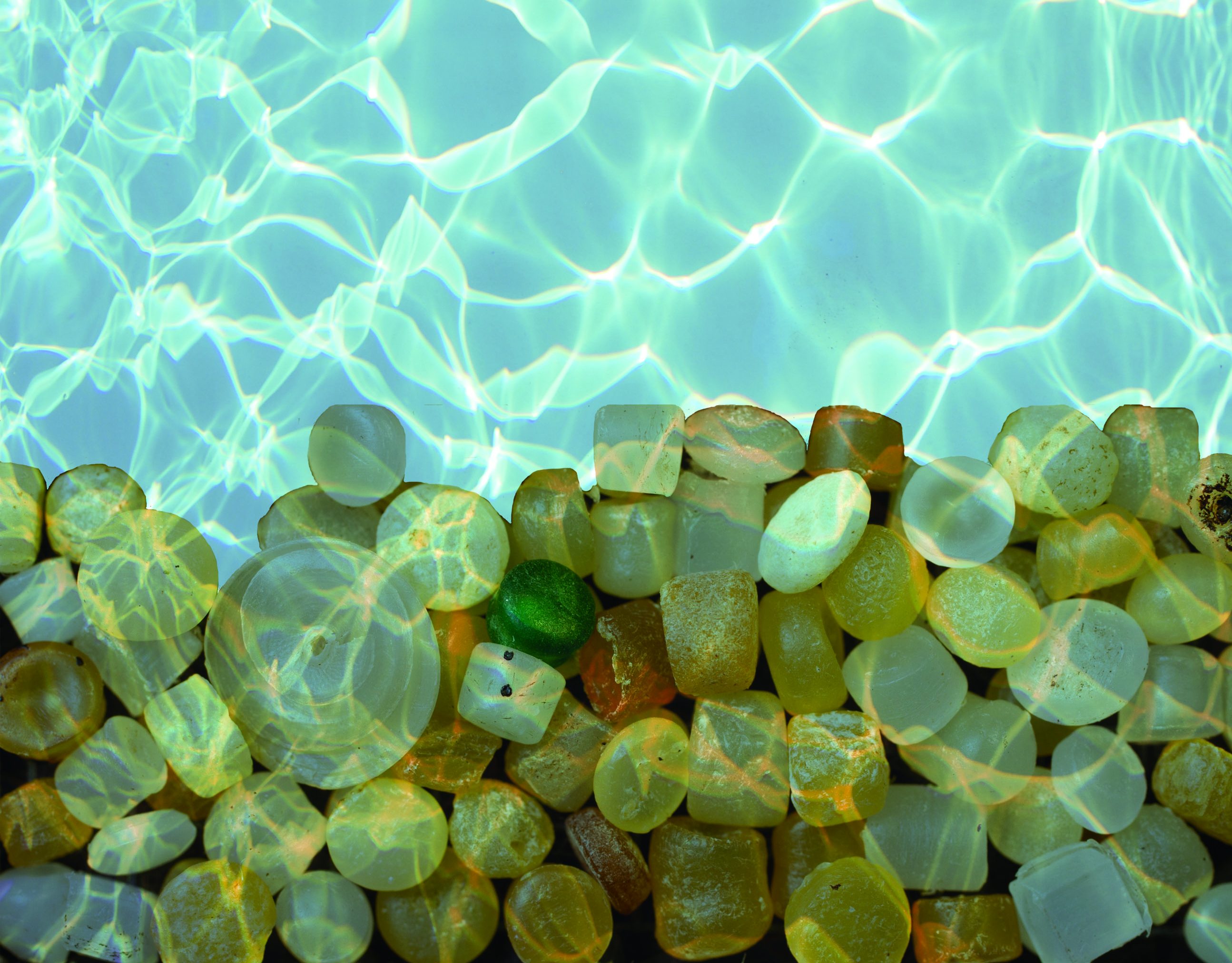By Lee Anna Sherman
It seemed that Kyle Neumann had a dream job: video broadcasting for the Portland Timbers. But something kept nagging at him. “For me, it just wasn’t fulfilling a higher purpose,” says the Oregon State University senior.
He wanted to use his video storytelling skills, he decided, not for professional sports but for Planet Earth. First, though, he needed to study science. So he enrolled in OSU’s rigorous BioResource Research program, which requires undergrads to do original research and defend a thesis. Under the mentorship of professor Rick Colwell in the College of Earth, Ocean, and Atmospheric Sciences, Neumann has designed a device for remotely sampling water chemistry and studying microbial communities. The cylindrical pump, called an “osmosampler,” promises to have wide applications, such as studying toxic compounds associated with hydraulic fracturing or investigating the greenhouse gas impacts of methane-munching microbes called methanotrophs.
Which brings us to Neumann’s other passion: water. A competitive swimmer and surfer as a kid in California, he got to snorkel and free dive at Catalina Island for a high school oceanography class. The underwater life forms he saw entranced him. “It was so beautiful,” he recalls. After Neumann left the Timbers and landed a gig with Oregon Public Broadcasting’s Oregon Field Guide, videographer Michael Bendixen (formerly of Oregon Sea Grant at OSU) encouraged him to upgrade his scuba skills for underwater videography. So, after enrolling in OSU, he wasted no time signing up for recreational diving classes and then took the university’s then brand-new scientific diving course, earning his credentials from the American Academy of Underwater Sciences. Neumann has been diving in Newport’s Yaquina Bay with OSU scientific diver and researcher Andrew Thurber to sample microbes (read about Thurber’s work in “Through the Ice,” Terra, winter 2014).
Kevin Buch, OSU’s diving safety officer, says OSU’s scientific diving program is geared toward students, especially undergrads. “The goal is to expand opportunities for students,” he says. “They not only earn professional credentials, but they also get real-world experience diving with scientists on actual research projects.”
As he nears graduation, Neumann has begun applying for scientific diving jobs with marine labs in places like Panama, Florida and Alabama. But first he’ll spend a month with Ocean Exploration Trust working under Robert Ballard of Titanic fame doing biological discovery and maritime archaeology (studying shipwrecks) on the Mesoamerican Reef in the Caribbean.
“At OSU, I’ve had access to world-renowned scientists doing real-world research — and I got funded to do it,” says Neumann, whose microbial research has been supported by the U.S. Department of Energy.




